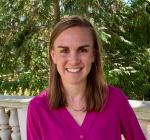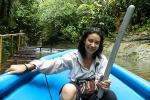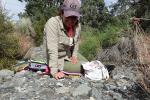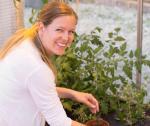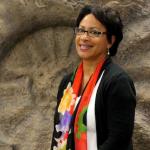Congratulations to The Biology Scholars Program!
Submitted by rhkayen on Thu, 02/11/2021 - 14:54Congratulations to The Biology Scholars Program! Which just received the 2020 HEALTH EQUITY INNOVATION FUND grant from Genentech to support students during the pandemic and beyond.
Ream more about the program here!




